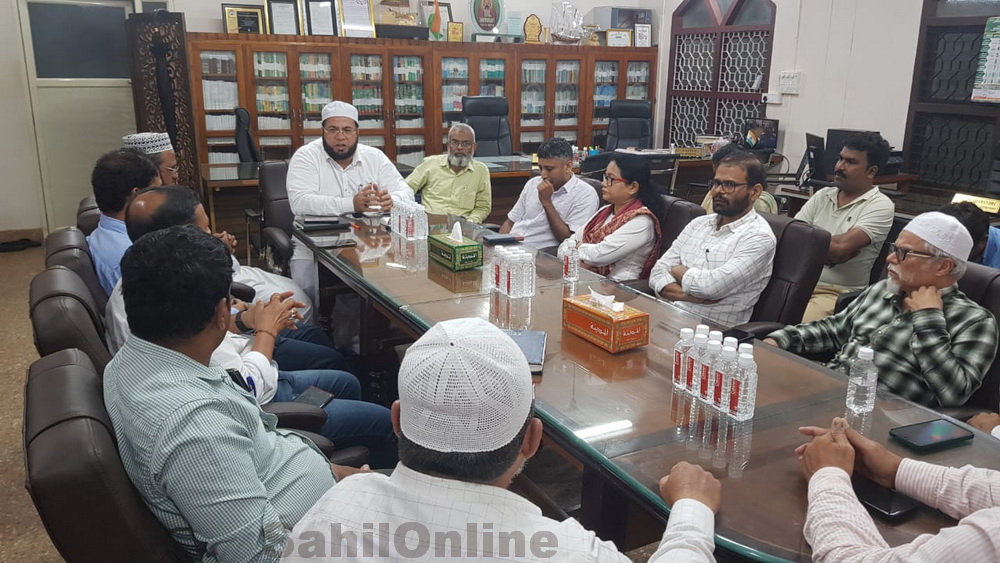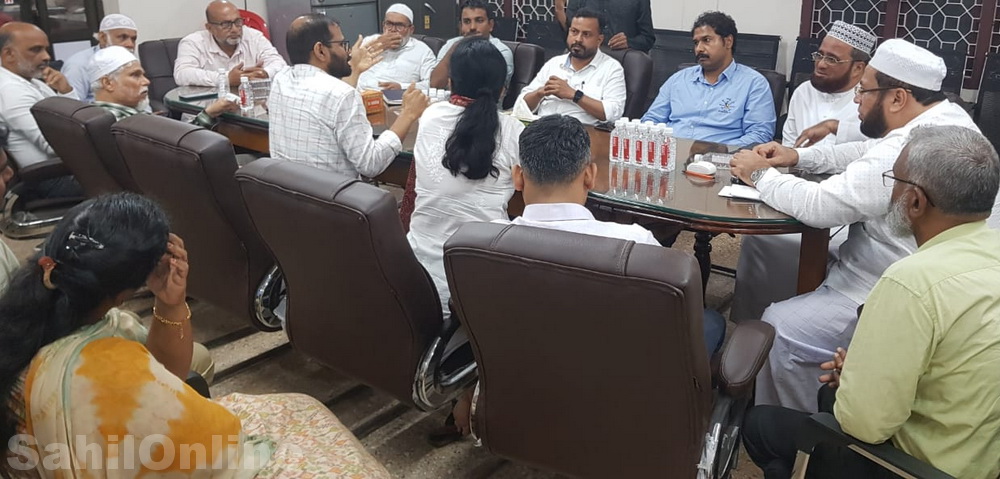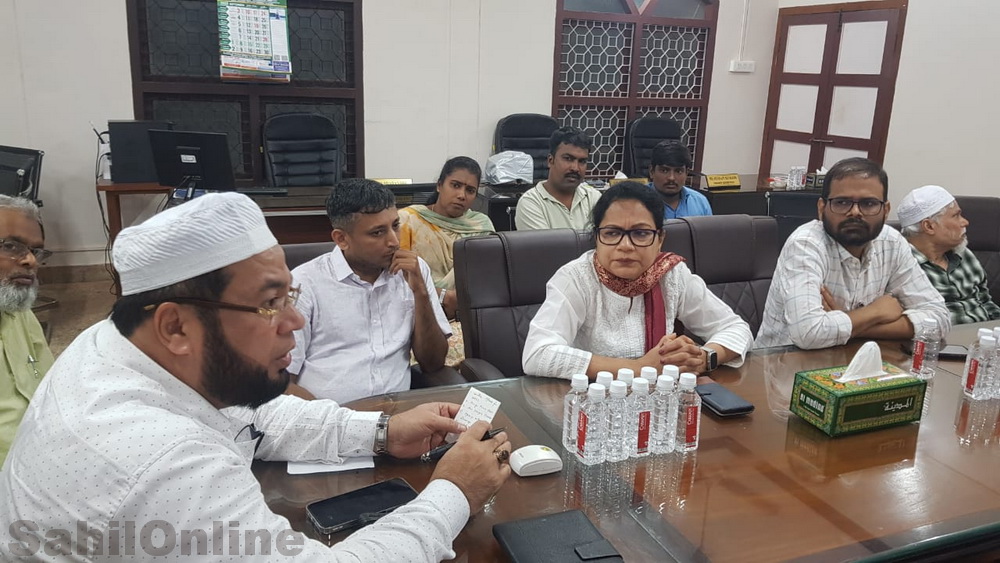Bhatkal: Dengue fever, a viral infection transmitted through Aedes mosquitoes, is most active during early mornings and late afternoons. Taking extra precautions during these hours is crucial to avoid mosquito bites. Dengue is prevalent in tropical and subtropical regions and is not transmitted directly between individuals, but through infected mosquito bites. Aedes mosquitoes are small, black and white, biting primarily during the day. They are drawn to human sweat and exhaled carbon dioxide. When they bite an infected person, they acquire the dengue virus, allowing transmission to others through subsequent bites. This information was provided by Dr. Lakshmesh, a respected physician at Bhatkal Government Hospital, during a meeting held by the social organization Majlis Islaha wa Tanzeem to address the rising cases of dengue fever in Bhatkal and discuss preventive measures.
Dr. Lakshmesh emphasized that Dengue mosquitoes breed only in clean water. Mosquitoes can breed in clean waters sprinkled with dust or stagnant muddy waters for six days or more. Therefore, all food items in households, including drinking water containers, should be covered. Household tanks should be kept clean, and water storage vessels need regular cleaning to prevent breeding.

To prevent dengue mosquito attacks, the key is halting breeding by maintaining cleanliness in homes. Nearby drinking water sources, especially pits, should be thoroughly cleaned to deter mosquito breeding. Measures should be taken to eradicate mosquitoes and prevent their reproduction.
In the case of dengue fever, common fever medicines are administered, and the illness typically manifests flu-like symptoms lasting from two to seven days. Symptoms may appear four to ten days after a mosquito bite. Hospitalization is only necessary for severe cases; otherwise, proper home treatment leads to recovery. Dr. Lakshmesh also emphasized that the death rate from dengue is relatively low, around one in a thousand, but proper treatment is essential.
Dr. Savitha Kamath, Bhatkal Taluk Health Officer and head of Bhatkal Government Hospital, provided information about dengue fever symptoms, including high fever, headache, body aches, nausea, and rash. Most patients recover within 1-2 weeks, but severe cases require hospital care. Bhatkal Government Hospital is equipped to treat dengue fever patients, with nine individuals currently receiving treatment.
It's worth noting that 15 dengue patients from Bhatkal are admitted to various hospitals in Mangalore, while some are in Bhatkal private hospitals and two at Bhatkal Government Hospital. Over 50 dengue patients have recovered from different hospitals, and more than 25 fever patients are undergoing treatment at home through private clinics and doctors.

As the majority of Dengue patients seek treatment at private hospitals, their records have not been registered with the concerned health officer.
Bhatkal Municipal Chief Officer Neelkanth Mesta urged residents not to dispose of garbage on roads but to use municipal vehicles for proper disposal to prevent the spread of dengue. The municipality is conducting mosquito prevention measures by spraying medicine, although fogging requires permission from the Health Department.
At the meeting presided over by Tanzeem Vice President Atiqur Rehman Muniri, attendees discussed the urgency of preventing dengue spread and mosquito breeding. Tanzeem and Rabita Society pledged support to government officials in this endeavor. The meeting also featured insights from Dr. Surakshit, a renowned Children's Specialist, and Dr. Kennath Cristin, a Life Care Physician, regarding their experiences with Dengue. In attendance were Managing Director of Life Care Hospital Salman Jubapu, Municipal Health Officer Sujia Suman, Municipal Engineer, along with other municipal workers and officials. Tanzeem executive member City Medical Iqbal proposed a vote of thanks.



